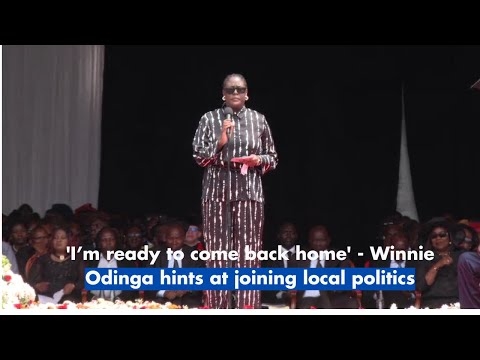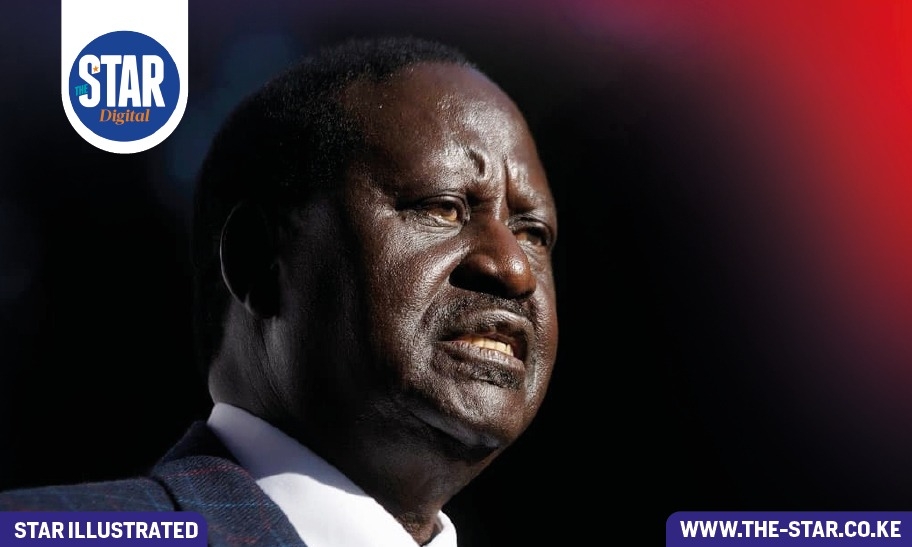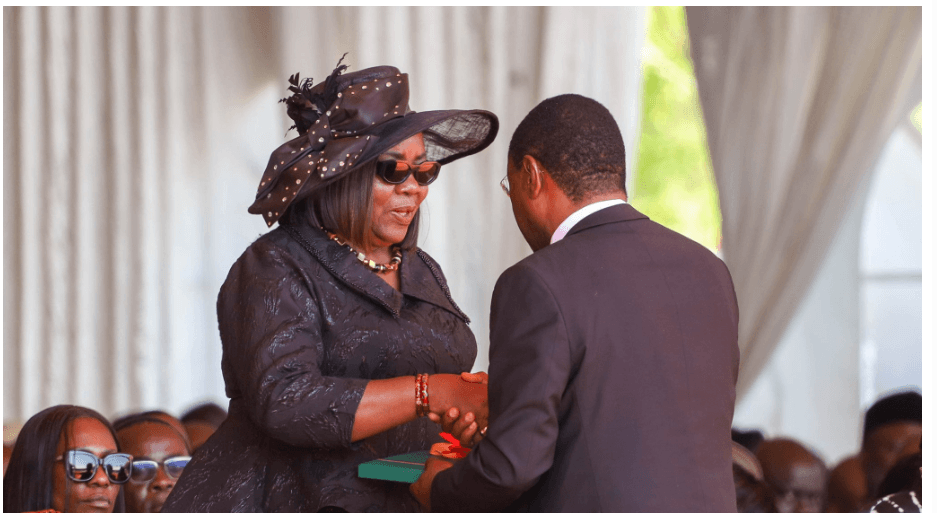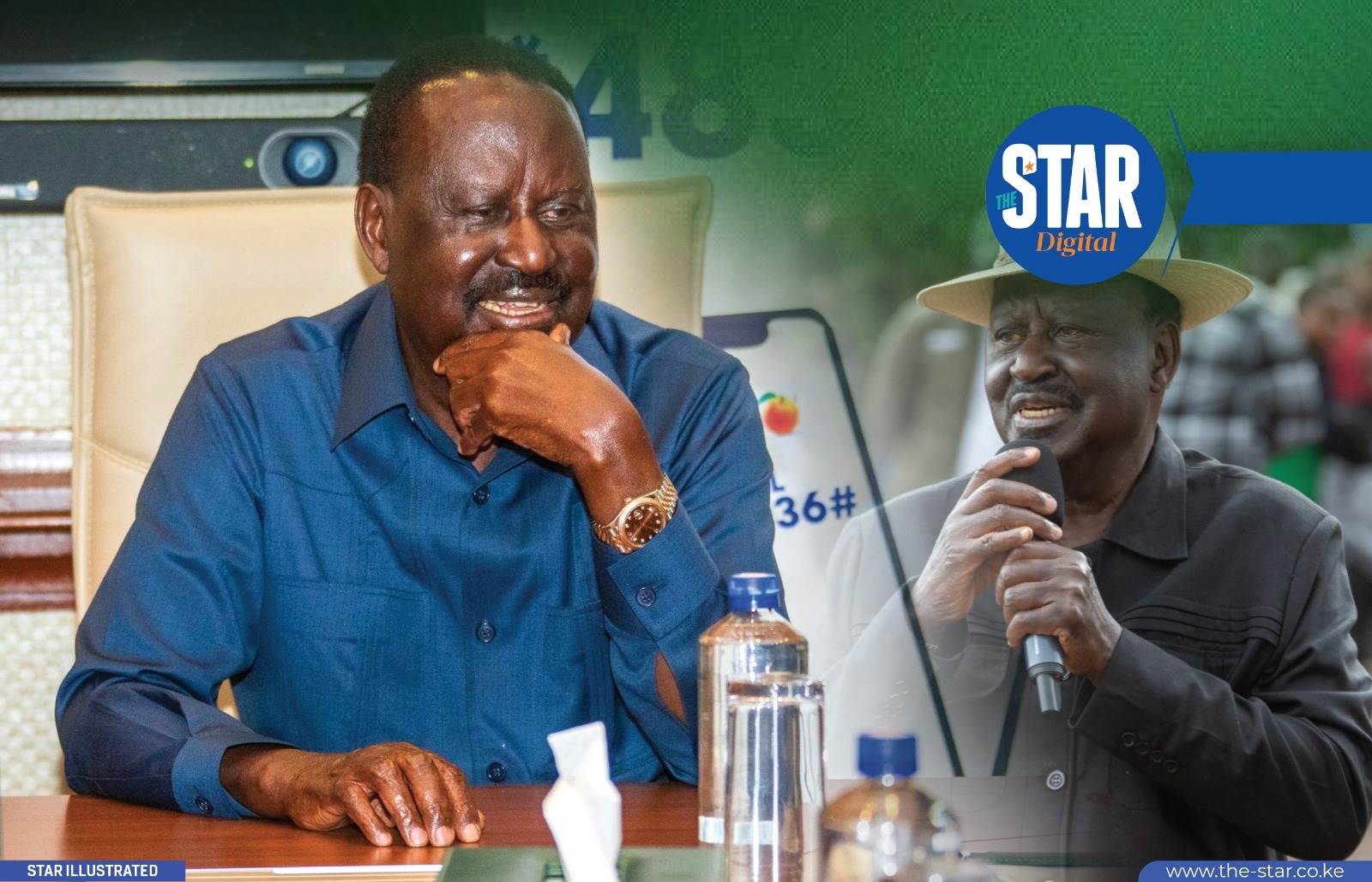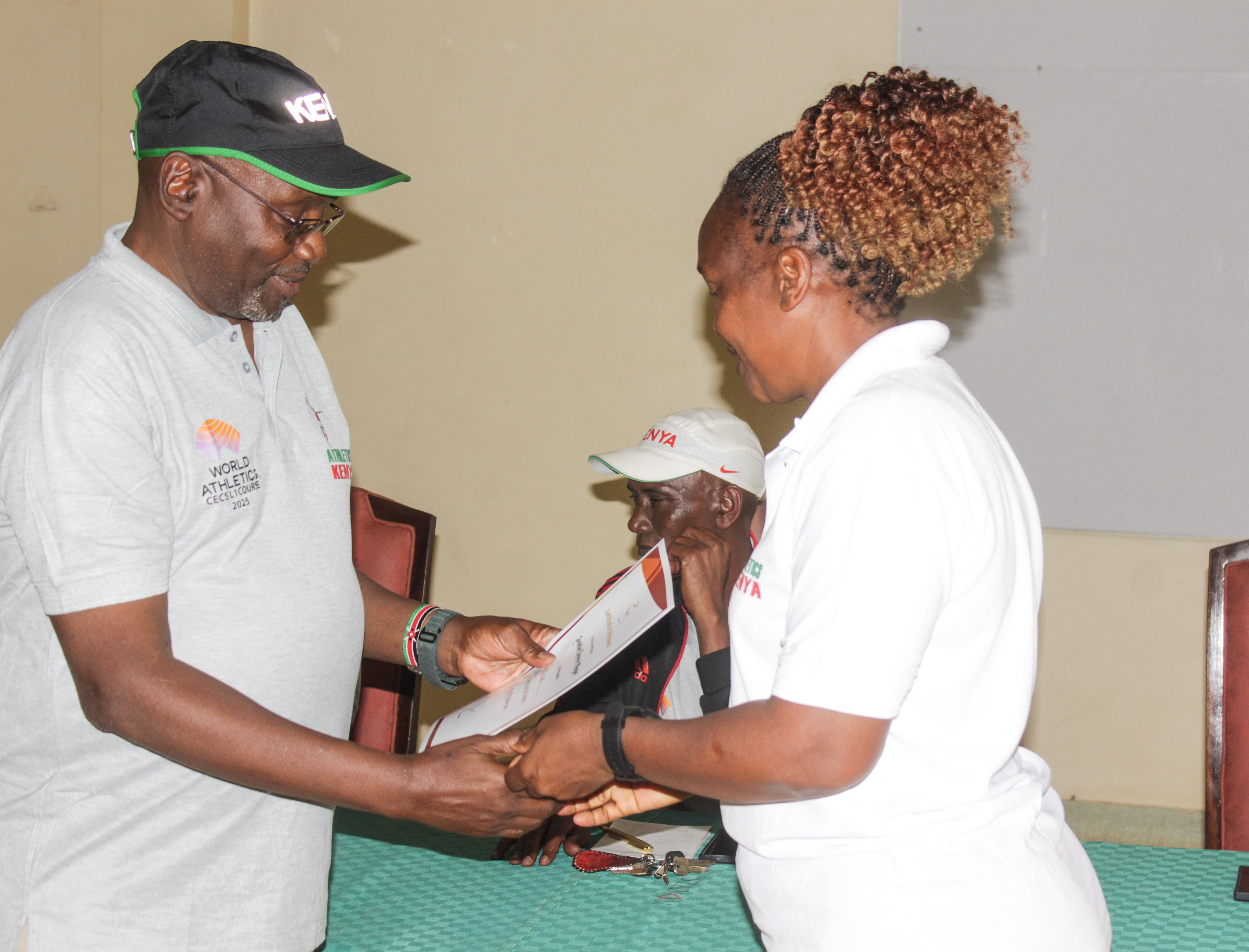
National Olympic Committee of Kenya (NOCK) first vice president, Barnaba Korir, has underscored that the recently concluded women’s coaching training programme was designed to empower female coaches and curb the exploitation of female athletes in the country.
Korir made the remarks during the graduation of 44 female coaches who completed a four-day World Athletics Level One coaching course organised by Athletics Kenya on Saturday at the Moi International Sports Centre, Kasarani.
“Female athletes are affected and sometimes they are harmed, making them unable to follow the path that every athlete should,” Korir noted.
“The reason is simple, you ladies who are supposed to be coaching and mentoring them are not there,” he added.
“So they are left to the male coaches who might not know how to handle them and, at times, take advantage of them. I am, however, not accusing the men.”
Korir emphasised that while male athletes also face challenges, female athletes remain the most vulnerable.
“Men are also being taken advantage of, but the people who have suffered most are women. Therefore, we have taken this opportunity to train female coaches so they can safeguard and guide the next generation,” he said.
The AK Chair of Youth Development further revealed that the federation has often faced challenges in appointing female coaches to lead national teams due to their limited numbers.
“We have had situations where, even when the federation wants to appoint a coach for global events, especially from the women’s side, it has been challenging,” he explained.
“Sometimes we have to rotate the same people because not many women have been trained as coaches.”
Korir lauded the initiative, saying it provided AK with the ideal platform to increase female representation in coaching and strengthen the federation’s technical depth.
“But now we have new faces and this is exactly what the federation wants, to build the capacity of women to take part in the development of athletics in the country,” he added.
Korir noted that the training also aligns with Kenya’s long-term vision of building a solid foundation ahead of major global championships.
“We will continue establishing more training camps, provided the government supports us, so that you can help the young athletes who will join those camps,” Korir said.
“Our focus is on the 2027 World Championships, the 2028 and even 2032 Olympic Games, to ensure we have strong systems in place.”
Korir also encouraged AK to extend similar opportunities to male coaches to ensure balanced growth in the sport.
“We also need to organise a coaching programme for male coaches,” he emphasised.
Among those who benefited from the training was two-time African champion and 1998 Commonwealth Games 1,500m gold medallist Jackline Maranga, who described the initiative as a turning point in her coaching journey.
“I am really happy because of this training from AK. We have learnt a lot, and I hope to apply what we have learnt in my coaching,” Maranga said.
“This is a big step by AK in helping future generations.”
The 47-year-old, now coaching school-going children, believes the course will significantly enhance her ability to nurture young talent.
“At the moment, I train school-going kids to sharpen their skills. This training will help me a lot because there were things I didn’t know, which I will now apply in my coaching,” she added.
World Athletics Level One lecturer Samuel Letaba expressed satisfaction with the progress made during the course.
“I studied athletics coaching in Germany and have gone through IAAF and World Athletics levels of coaching,” Letaba said.
“I was glad to meet the ladies and pass on that knowledge to them.”
The participants underwent a comprehensive blend of theoretical and practical modules across all track and field disciplines, gaining vital technical knowledge and modern coaching strategies to elevate women’s athletics coaching in Kenya.



